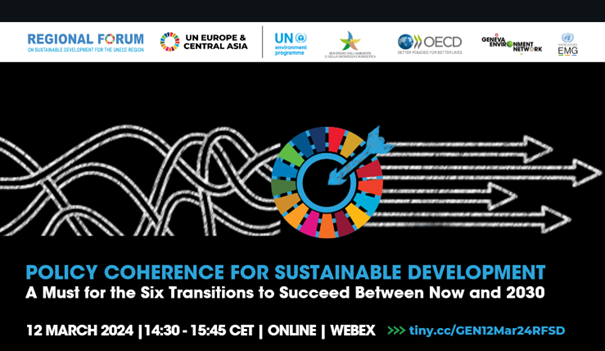Despite the political will and unprecedented engagement of stakeholders, several shortcomings prevail for achieving the SDGs. In fact, the 2023 SDG Progress Report has clearly shown efforts to address global challenges and achieve a better and more sustainable future for all by 2030 being very weak, insufficient; stalled or gone into reverse. In response, the UN Secretary-General has called for a “Rescue Plan for People and Planet” for ambitious actions and shifts to jump-start progress through strengthened multilateral cooperation and support for the United Nations development system while focusing on key priority areas that would bring about social and economic transitions to help take SDG progress to scale and meet our long term environmental and climate goals.
The six transitions proposed are linked to food systems, energy, digital connectivity, education, jobs, and planetary crises of climate change, biodiversity loss and pollution. These are priorities with catalytic and multiplier effects across the SDGs. For the Six Transitions to succeed, policy coherence is fundamental. In addition to the impact of multiple and interlocking crises that impacted on implementation of the SDGs, the lack of policy coherence, integrated approach, silo thinking and competition for resources can severely affect efforts to accelerate the proposed transitions.
Policy coherence for sustainable development (PCSD) as enshrined in SDG 17.14.1 must be taken as the foundation to ensure delivery of the Six Transitions and help countries to meet not only the different targets of the SDGs, but also effective implementation of commitments relevant to national and multilateral processes. The Six Transitions are not only priorities, but also complex sustainable development challenges that require greater coordination and collaboration amongst different sectors and actors. As the SG has described it: “the failure to make progress means inequalities will continue to deepen, increasing the risk of a fragmented, two-speed world”.
UNEP, Ministry for Environment and Energy Security of Italy, and OECD



